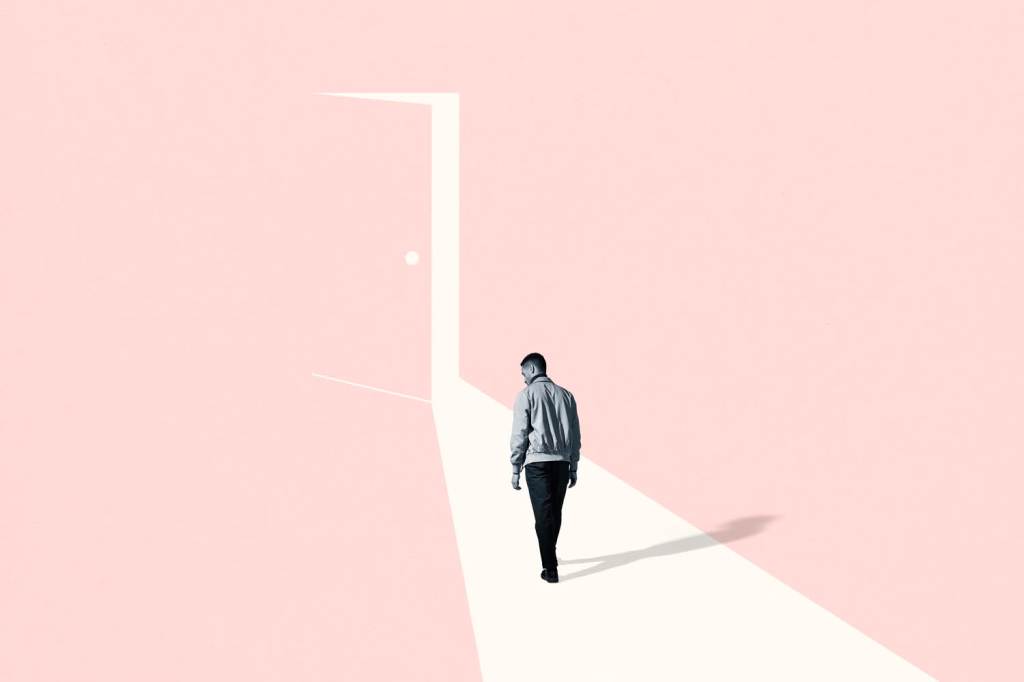Suicide is the leading cause of death for Australians between the ages of 15 and 44. In 2019, 3,318 Australians took their own lives. 75% of those were men.
Nine Australians die by suicide each day, which is more than double the amount of Aussies killed on roads.
While increasing numbers of Australian men are accessing mental health services, the rates of drop-outs from therapy and other mental health treatments are much higher for men than for women.
That’s according to a new study supported by the men’s health charity Movember, which found that almost half of men who accessed therapy dropped out prematurely – around 44%.
But why are mental health services apparently failing to address the overwhelming rates of male suicide and mental health issues? The new study from The University of Melbourne explains some of the answers:
Men’s Mental Health
According to the data, men and women experience mental health issues at roughly equal rates. However, men are 30% less likely to seek help when they need it.
Understanding why men drop out of treatment is vital, as 60% of men who die by suicide in Australia had sought help in the previous year.
The most common reason for dropping out of treatment was reported as a lack of connection or understanding on the part of the therapist (54.9%). Men also reported that therapy was unhelpful or “didn’t feel right” (20.2%). Expense and a logistical inconvenience were also reported as a leading reason for drop-out (18%).
Only 5.5% of men dropped out of treatment because they felt as though their issues had been resolved.
Men in the study spoke about feeling emasculated by the process of therapy. Younger men and those without jobs were the most likely to drop out due to lack of connection with their therapist or the feeling that therapy was “not working”.
Clinical psychologist and study author, Dr Zac Seidler, told SBS that, traditionally, men haven’t been “consumers of mental health services”. Because of this, mental health treatment is frequently created or advertised “with women in mind,” he said.
Waiting rooms in therapists’ offices are often filled with women’s magazines and use branding that appeals to women. And apparently, this can lead men to think, ‘This is not for me. This is not where I’m supposed to be,” Dr Seidler explained.
“These men are doing everything, right, they are pushing through whatever societal stigma exists… their own self-doubt, and their desire to be self-reliant. They get in there, and then they find that they’re really not connecting”.
The 2021-22 Federal Budget saw a $2.3 billion investment in the National Mental Health and Suicide Prevention Plan on top of an estimated $5.8 billion in 2020-21.
Speaking to SBS, a government spokesperson said:
“The Government has committed $2 million to undertake a comprehensive evaluation of Better Access to consider issues that affect access to treatment and patient outcomes.
“The evaluation findings, along with the recommendations of the Productivity Commission and the MBS Review Taskforce will be key in shaping future arrangements under Better Access.”
The study concludes by saying that an appraisal of mental health services are needed in order to offer more effective treatment for men.
Grassroots and Community Groups
Being socially connected is one of the best things we can do for our mental health. Feeling a sense of purpose and belonging amongst peers is an empowering position to be in and a good way to ward off mental health concerns.
Across Australia, there has been a rise in men’s mental health groups that seek to address the issue of men not accessing or sticking with therapy and support by bringing the help that they need to them.
These groups facilitate the kind of emotional connection that many men can feel themselves lacking in their day-to-day lives through community and social engagement.
One group, Mr Perfect, holds free barbecues across Australia every month to try and reduce social isolation and get men to talk to each other.
Another group, Tough Guy Book Club, aims to get men out of the house and talking together about books.
Are You Bogged, Mate? targets men in rural and remote communities across Australia while spreading awareness about depression amongst men in the bush.
The Men’s Shed is one of the country’s largest men’s community-based development organisations and has almost 1,000 sheds across the country.
Many of these organisations are not advertised specifically as mental health organisations, but the underlying effects of mental health assistance are baked into their purpose and function.
Meeting men in the middle may be one highly effective means of providing mental health support in a non-traditional manner, and improving the rates of male mental health issues overall.
Men’s Health Week is a week-long series of online and physical events that highlight the need for men to look after themselves and gives them the opportunity to start important conversations.
If you or anyone you know is struggling and needs support, call Kids Helpline on 1800 55 1800 or Lifeline on 13 11 14, both of which provide trained counsellors you can talk with 24/7. You can also speak with someone confidentially at Headspace by calling 1800 650 890 or chat online here.
Read more stories from The Latch and subscribe to our email newsletter.







